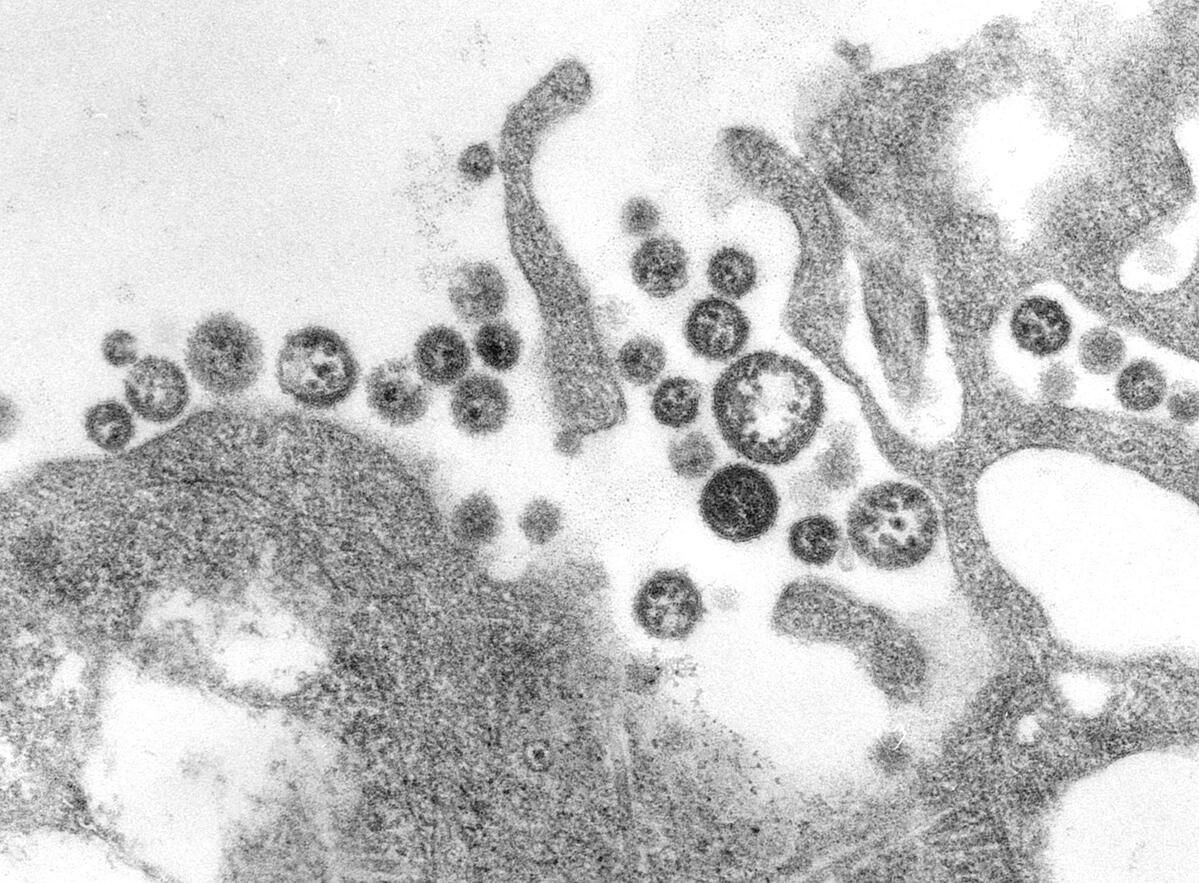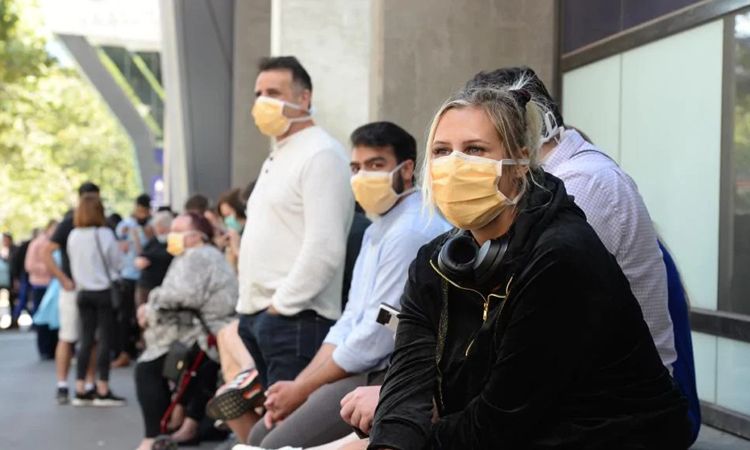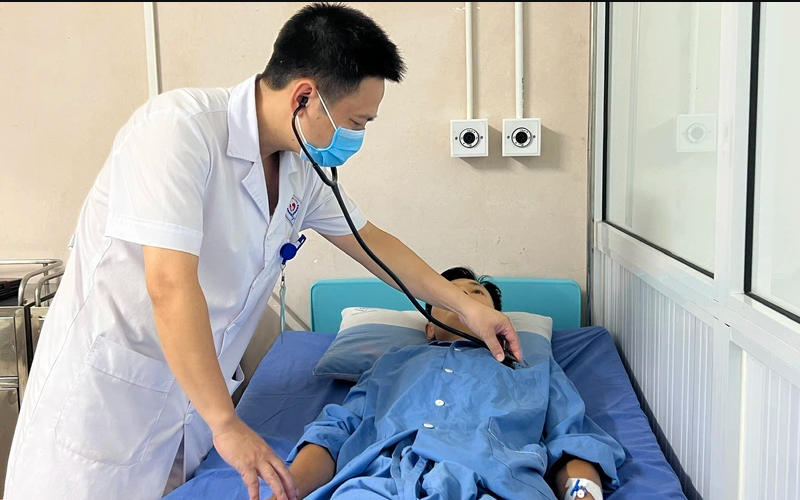Some diseases tend to increase in Dak Nong
According to the Center for Disease Control of Dak Nong province (CDC), the epidemic is continuing to develop with unpredictable complications, with a high risk of outbreak.
Some diseases tend to increase
According to statistics, in the first 6 months of 2023, the whole province recorded 1,660 cases of 16 infectious diseases (excluding Covid-19) such as Rubella, dengue hemorrhagic fever, hand-foot-and-mouth disease, rabies, and pulmonary tuberculosis. , malaria, neonatal tetanus, hepatitis B virus, hepatitis C virus, influenza, amoebic dysentery, bacillus dysentery, mumps, chickenpox, diarrhea, other viral hepatitis.
.jpg)
Compared to the same period in 2022, the total number of cases increased by 847 cases. In which, there are 11/16 infectious diseases with increased cases compared to the same period in 2022. Specifically, dengue fever: 323 cases, an increase of 170 cases; pulmonary tuberculosis: 70 cases, an increase of 46 cases; hepatitis B virus: 301 cases, an increase of 229 cases; chickenpox: 359 cases, an increase of 352 cases; diarrhea: 432 cases, an increase of 255 cases; other viral hepatitis: 255 cases, an increase of 145 cases… The province recorded 984 cases of Covid-19.
According to CDC Dak Nong, there are many causes leading to some infectious diseases still circulating and tending to increase. Specifically, climate change, causing new strains, mutated pathogens, reduced immunity. Dak Nong lacks funds to buy chemicals, has no spending norms for spraying and injections. Vaccination rates in some localities are low, especially in ethnic minority areas. The awareness of a part of the people is not high…
Meanwhile, according to the general opinion, due to the unusually changing climate, especially in 2023 and 2024, the El Nino phenomenon may increase the transmission of dengue fever and other diseases. such as zika, chikungunya, Japanese encephalitis. Besides, emerging and re-emerging diseases appear in neighboring countries and neighboring provinces, so the risk of entering Dak Nong province is great.
Need to get into sync
According to CDC Dak Nong, in order to be able to prevent and control infectious diseases with high efficiency, along with strictly, synchronously and consistently implementing the direction of the Ministry of Health, the Provincial People's Committee, sectors and levels, it is necessary to focus on public behavior change communication.
Along with that, the province strengthens and improves the capacity of the infectious disease prevention system and strengthens border medical quarantine. Dr. Dang Thanh, director of Dak Nong CDC recommended that, for the Covid-19 epidemic, continue to vaccinate, ensure the coverage rate and strictly implement the "2k+" recommendation. With dengue fever, focus on killing larvae and mosquitoes; fully equipped with machinery, materials, chemicals, testing; there is a mode for the assault team; assigning responsibilities to heads of government at all levels; signing commitments with households; apply sanctions.
Hand-foot-and-mouth disease strengthens training for preschool teachers on disease prevention; Isolation of sick cases. For chickenpox, it is recommended that people get vaccinated and isolate cases of the disease. For rabies, localities need to strictly manage herds of dogs, cats and other animals, strengthen vaccination against rabies in humans and animals, and establish and maintain teams to hunt wild dogs.
For neonatal tetanus, increase the rate of tetanus vaccination for pregnant women and women aged 15-35 years in high-risk areas; increase the birth rate at health facilities; strengthening the role of village midwives; Provide a complete package of clean delivery.
* SOURCE: https://baodaknong.vn/mot-so-benh-co-xu-huong-tang-o-dak-nong-158025.html









 Facebook
Facebook
 Tweet
Tweet
 Zalo
Zalo







 News
News

















 Sign in with Facebook
Sign in with Facebook
 Sign in with Google
Sign in with Google